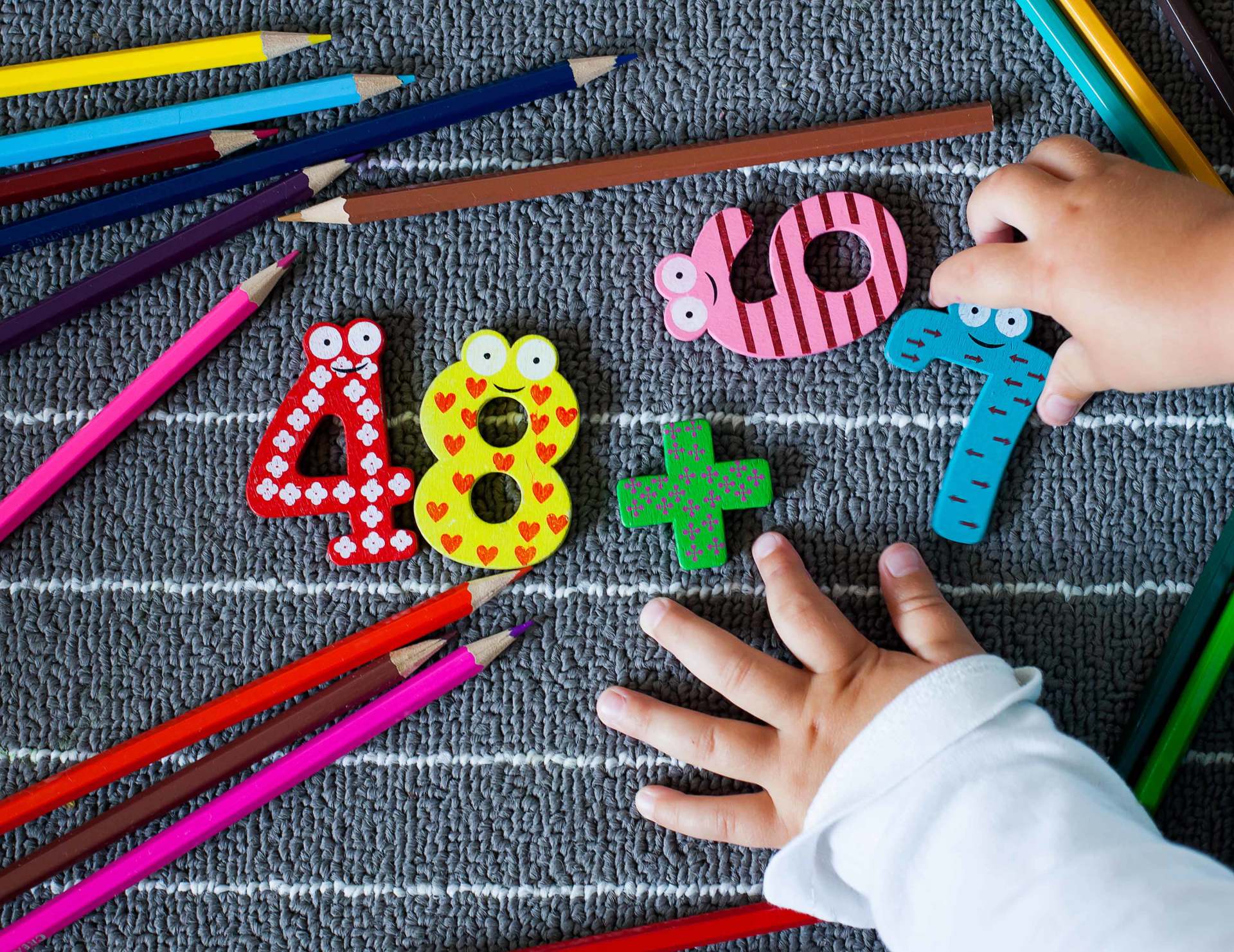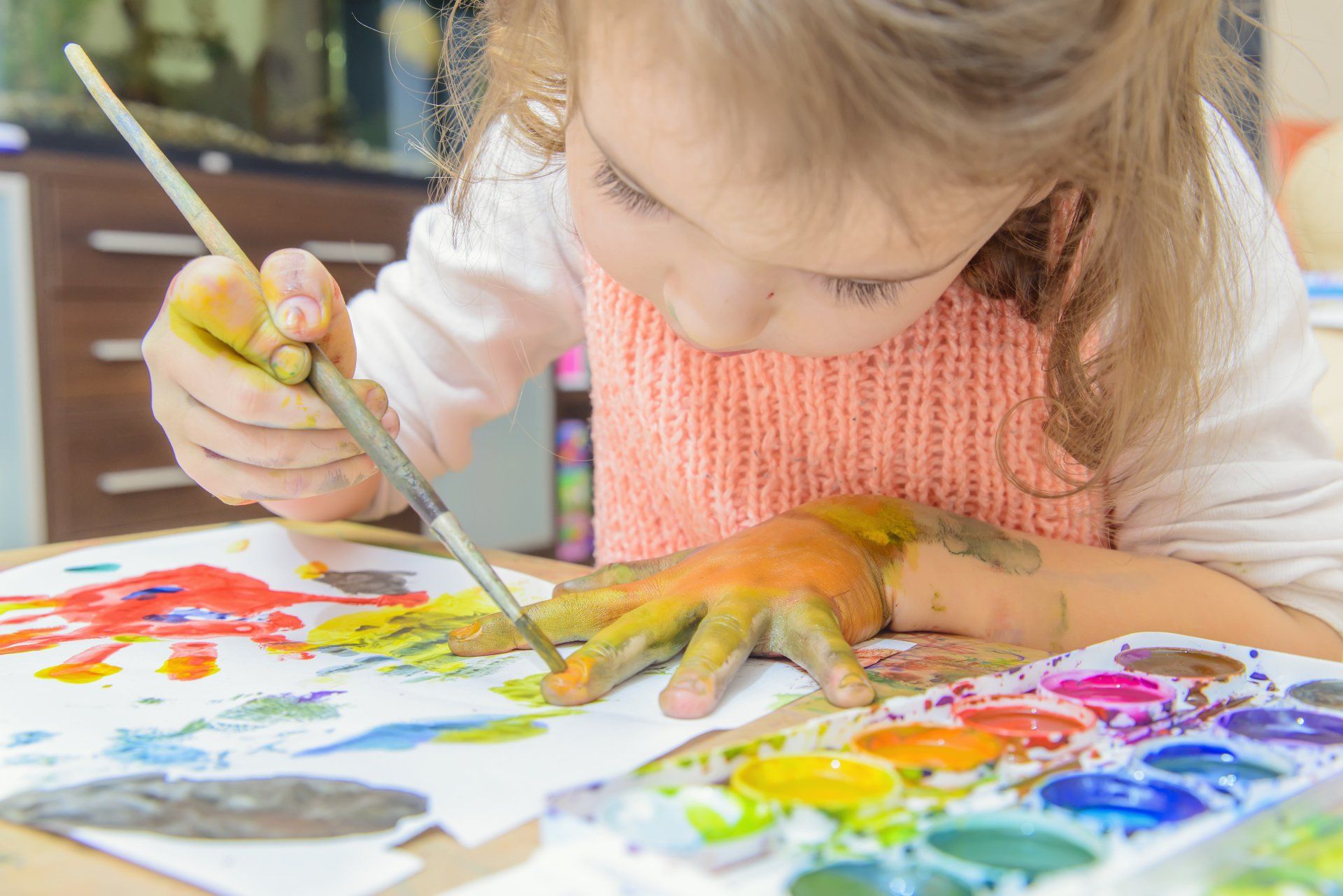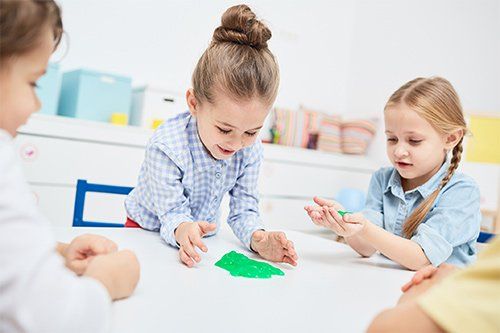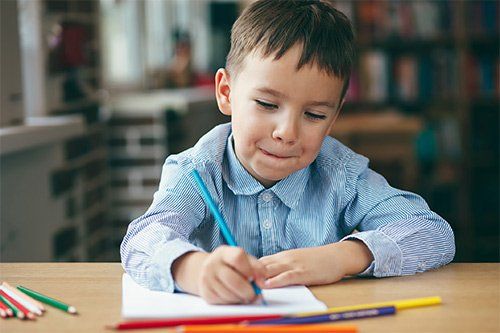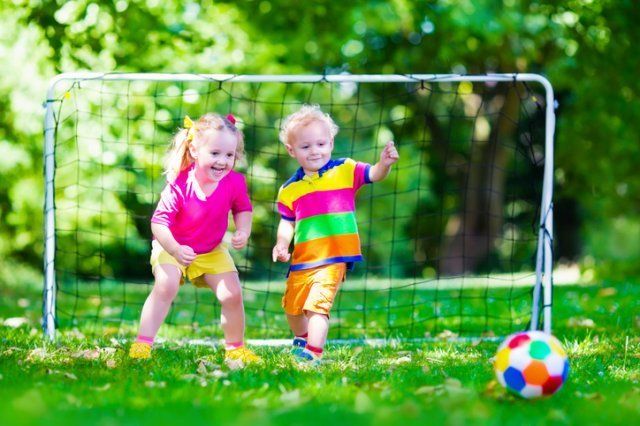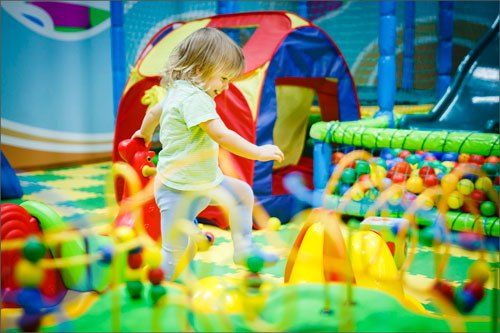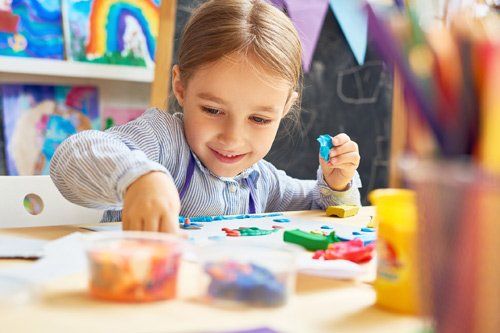Preschoolers, Social Development, and Your Questions Answered
- By Admin
- •
- 11 Sep, 2019
- •

What do you need to know about your preschooler's social development? As the school year starts, and your child begins to make new friends, take a look at some of the most common questions parents have about threeto five-year-olds, friendships, and what to expect next.
How Do Peer Relationships Differ in the Toddler and Preschool Years?
As a toddler, your child primarily engaged in parallel play. Even though your one- or two-year-old played near other children, it's not likely they completely engaged with them socially. This type of independent play near someone else is completely normal-until your child moves into the preschool years.
While preschoolers may still play independently near their peers, they're more likely to show interest in others. You may notice that your preschooler:
- Plays in groups. Preschoolers often play in peer groups where they exchange ideas, share thoughts, negotiate conflicts, collaborate, and build friendships.
- Has a best friend. Your child may come home from preschool with a new best friend. Preschoolers often choose "best friends" based on similar interests-such as a shared love for a character from a movie or enjoyment of the same activity.
- Ask for playdates. In the past you arranged playdates without much interest on your child's part. Now that they're older, they may ask you to set up these out-of-school adventures.
A new interest in peer relationships isn't the only social change preschoolers experience. Read on for more information on other ways your child will develop and grow during the pre-k years.
Are Preschoolers More Aware of Other People's Feelings?
Your toddler wasn't empathetic. With a limited ability to identify and understand emotions, it's not likely your one- or two-year-old was overly sensitive to their peers' or family members' feelings. Now that your child is older, they may:
- Demonstrate emotional awareness. Your preschooler is aware of their new friends' feelings and how people experience emotions. This may change how they interact with others or handle conflict.
- Share or cooperate more often. While preschoolers may still show some reluctance to share, they better understand the reasoning behind this social norm.
- Comfort a friend. Your child may respond to a peer's sadness, frustration, or anger with comforting words or gestures (such as hugs). As your child develops social skills and empathy, they'll use their own self-awareness to better judge what others feel.
The ability to understand, identify, and respond to other people's feelings won't end at the preschool classroom door. Your child will carry this ability home, onto the local playground, and everywhere else they go. They may even respond to characters' emotions in books, television shows, or movies.
How Can Parents Help Their Preschoolers to Develop Social Skills?
The older your child gets, the more experiences they need to build social skills. This can happen naturally or through activities you help to create, such as:
- Preschool. This early learning experience is more than just a way for your child to build academic skills. The opportunity to meet other children and navigate group situations can boost your child's social skills in a way that solitary, at-home play can't.
- Playdates. Again, your child may suddenly start to ask for playdates with new friends. These mini social situations provide the chance for your preschooler to build relationships, learn how to share, and develop empathy.
- After-school activities. After the preschool day ends (or on the weekends) you can extend the social learning process through sports and other similar activities.
Along with peer-to-peer activities, the time you spend with your child can also help them to develop social abilities. Talk to your child, join them in play-time activities, and spend time together.
Is your child ready for their first classroom social experience? Contact us at Riviera Children's Center Inc. for more information.
